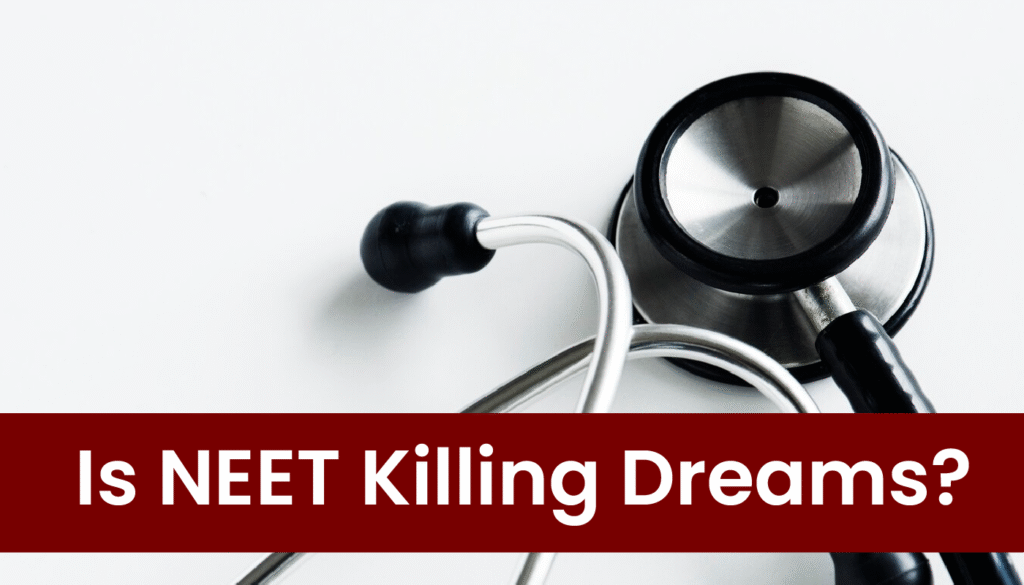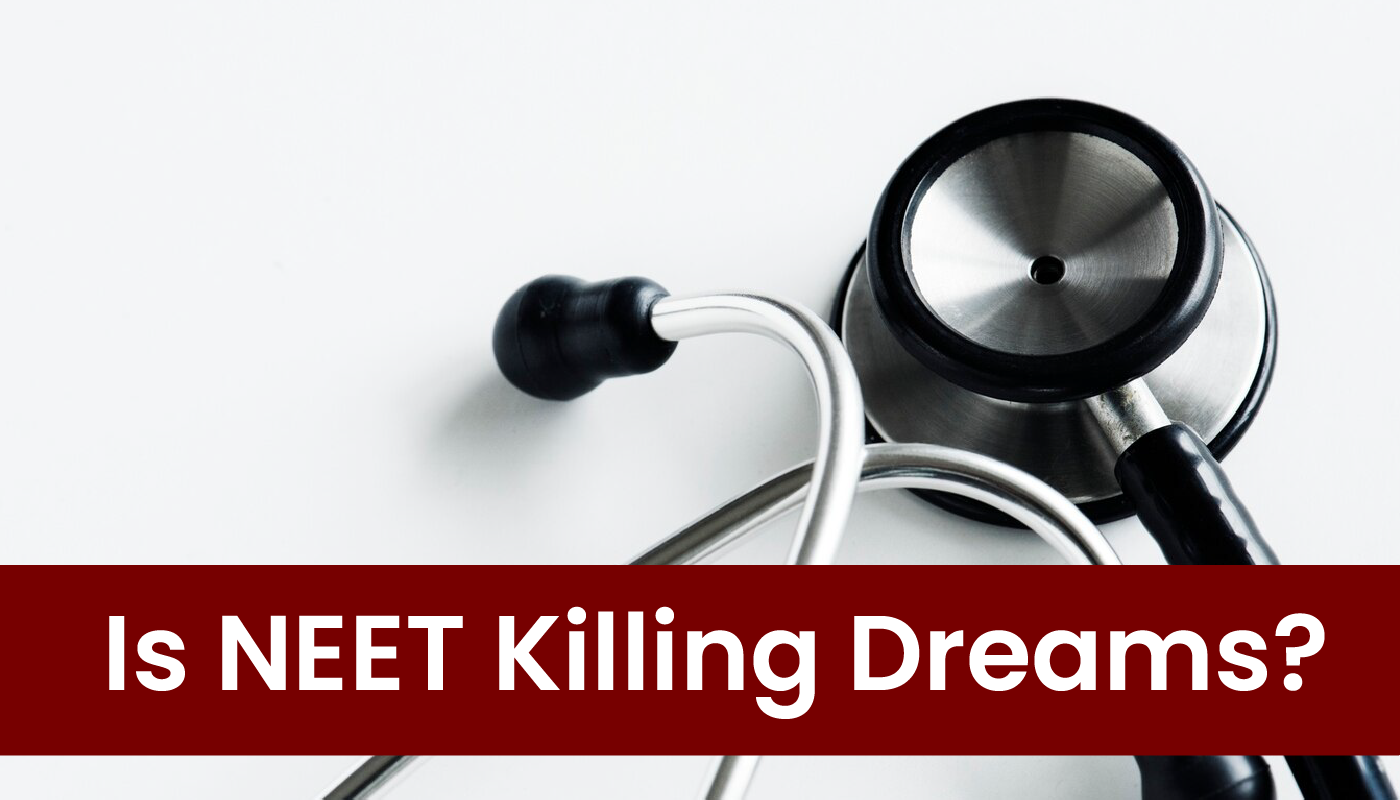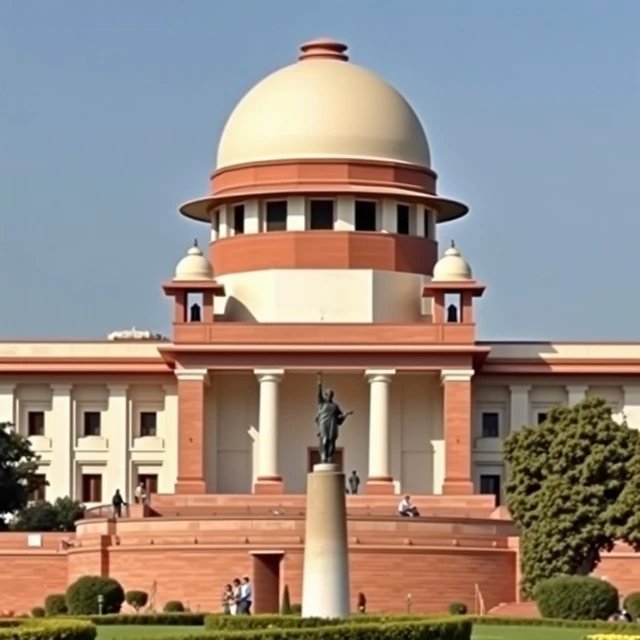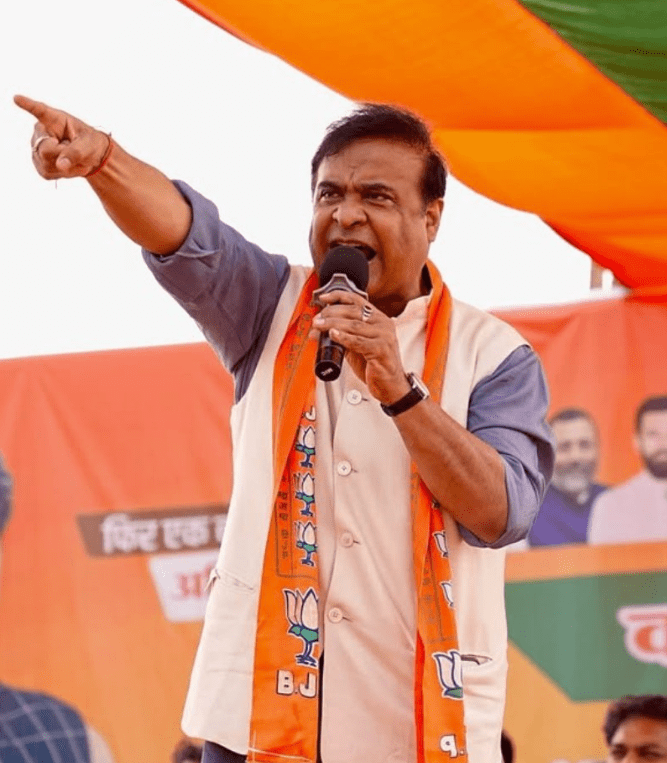
With the President rejecting Tamil Nadu’s NEET exemption bill, the debate on educational fairness, state autonomy, and meritocracy has resurfaced.
News Desk, New Delhi, 12 May:
A Blow to Federal Harmony
The central government, via the President, recently dismissed Tamil Nadu’s legislative effort to opt out of the NEET exam. This decision—despite the bill being passed unanimously by the State Assembly not once but twice—reflects a deepening strain in India’s federal balance. More importantly, it reignites concerns about whether NEET has truly democratized medical education or only served to widen existing disparities.
A Syllabus Gap that Penalises State Students
NEET is structured primarily around the CBSE curriculum, leaving students from the Tamil Nadu State Board at a clear disadvantage. Before NEET’s imposition, these students dominated admissions to government medical colleges. Today, their share has fallen sharply, while CBSE students have gained ground. This shift doesn’t signal a drop in academic standards but points to the exam’s misalignment with state curricula, making it an unfair playing field.
Coaching Industry and Class Divide
NEET has inadvertently fostered a booming coaching industry, with many aspirants compelled to spend lakhs annually to stay competitive. This has placed rural, low-income, and first-generation learners at a severe disadvantage. The number of science stream students in Tamil Nadu’s government schools has declined—a quiet indicator of lost dreams. To counter this, the State introduced a 7.5% quota for government school students in medical admissions, all of which were filled in 2024, showing that ability is not the issue—access is.
Beyond Marks: What Medical Merit Truly Means
Medicine is not just about acing exams—it requires empathy, commitment, and a willingness to serve. Tamil Nadu’s earlier +2-based admission model produced thousands of grassroots doctors who contributed to its strong public health infrastructure. NEET, in contrast, tends to favour urban students who excel in test environments but may lack grassroots orientation. The result? A potential disconnect between future doctors and public health needs.
Mental Health Toll Can’t Be Ignored
In Tamil Nadu, several NEET aspirants have tragically died by suicide in recent years. These are not isolated incidents but symptoms of the immense pressure created by a single-exam system. For a State known for its inclusive education ethos, this growing mental health crisis is alarming and demands urgent reflection.
Undermining State Autonomy
The rejection of the State’s NEET exemption bills, despite unanimous political and social backing, raises serious concerns about the erosion of State rights in education policy. While education falls under the Concurrent List, States must retain the flexibility to address their unique socio-economic realities. Imposing a uniform system like NEET ignores regional diversities and undermines the principle of cooperative federalism.
The Myth of Quality Control
Proponents of NEET argue it maintains standards in medical education. However, all medical students—regardless of how they were admitted—must pass the same university exams and clinical tests. What NEET does control is who gets the opportunity in the first place. True quality lies in supporting all students to succeed, not just filtering them through a narrow definition of merit that often favours the privileged.
🔗 Useful Links
Explore more on Views and News related to Indian education and legal reforms.
🌐 YouTube Channel
Watch our analysis on YouTube
-
The Hidden Cost of NEET: Who Really Loses?
With the President rejecting Tamil Nadu’s NEET exemption bill, the debate on educational fairness, state autonomy, and meritocracy has resurfaced. News Desk, New Delhi, 12 May: A Blow to Federal Harmony The central government, via the President, recently dismissed Tamil Nadu’s legislative effort to opt out of the NEET exam. This decision—despite the bill being…
-
Right to Privacy Not Absolute: Chhattisgarh High Court Allows Private Chats as Evidence in Matrimonial Dispute
The Chhattisgarh High Court has reaffirmed that the right to privacy, though fundamental, is not absolute, holding that relevant call recordings and WhatsApp chats can be admitted as evidence in matrimonial proceedings. In a judgment delivered on February 11, Justice Sachin Singh Rajput dismissed a wife’s appeal challenging a family court order that permitted her…
-
Legal Analysis: Hate Speech Jurisprudence in India — In Context of the Pleas Against Himanta Biswa Sarma
The refusal of the Supreme Court of India to entertain petitions seeking criminal action against Himanta Biswa Sarma brings into focus a deeper constitutional issue: how Indian law defines, regulates, and adjudicates hate speech. This analysis examines the constitutional framework, statutory provisions, key precedents, and how they apply to the present controversy. I. Constitutional Framework:…








